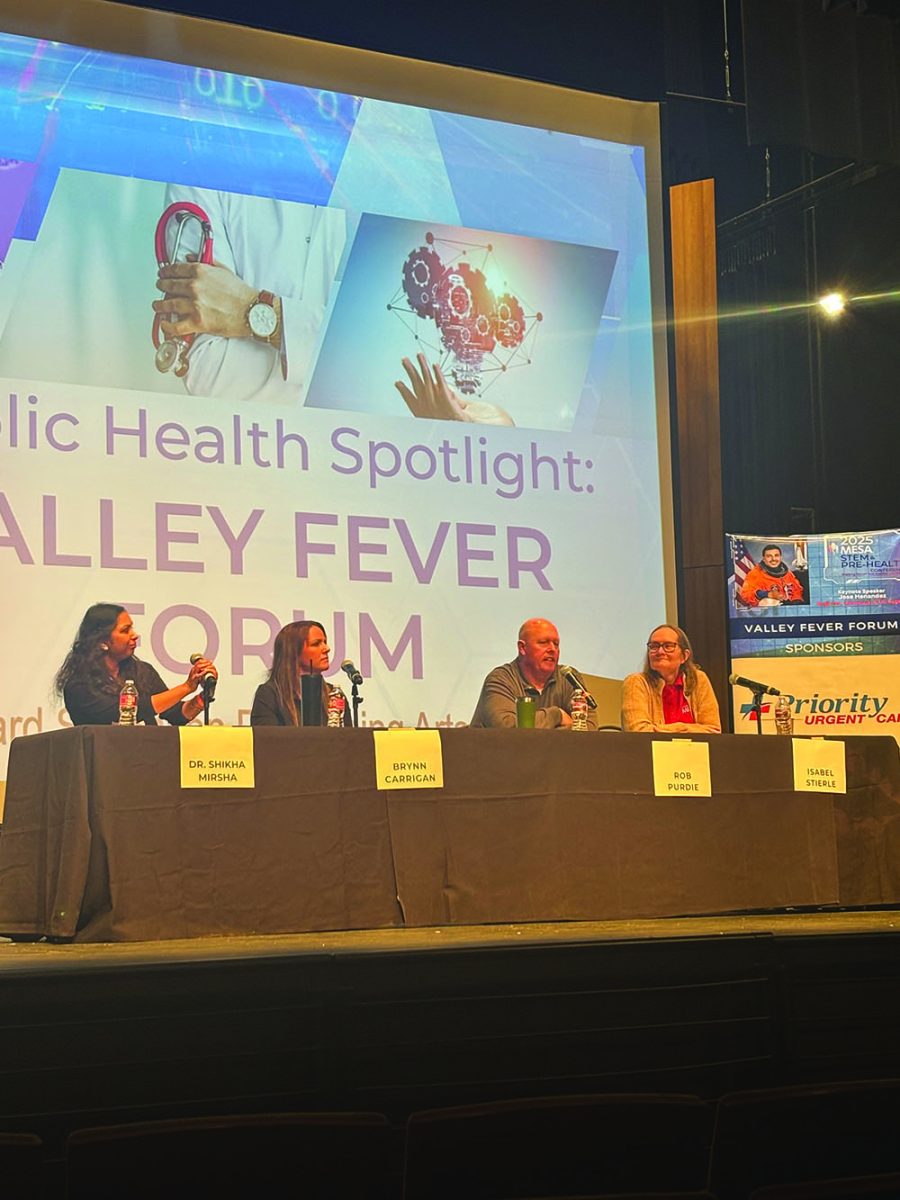Understanding immigration options and DACA updates with Bakersfield College
October 27, 2020
Bakersfield College has collaborated with California Community Colleges across the state for Undocumented Student Action Week, from Oct. 19 to 23, to advocate and provide support services for undocumented students throughout their educational system.
As part of the action week, BC planned a series of workshops, panels, and activities. Including a webinar, Understanding Immigration options, and DACA updates, with a United Farm Workers Foundation Staff Attorney, on Oct 21.
The United Farm Workers Foundation is a non-profit organization that was re-established in 2006. There are six regional offices located in Los Angeles, Oxnard, Bakersfield, Fresno, Salinas, and Phoenix, Arizona.
The panelist included UFWF Staff Attorney, Claudia Lopez, and BC’s educational advisors Marcela Gamino and Rafael Centeno.
“The UFW Foundation’s core purpose is to empower communities to ensure human dignity.” According to Lopez, “[The UFW Foundation] serves over 90,000 immigrants annually where we provide critical services and engage our constituents in systemic change to break the cycle of poverty.”
Lopez discussed how immigration laws were created and “how the federal government has exclusive power to regulate laws although they are not being stated in the constitution. The executive branch, such as the President has power over all foreign affairs which include immigration laws. The idea is that when it comes to national security and protecting our borders there should be one voice making these decisions to ensure uniformity.”
She elaborated how before a person can become a United States citizen, they must become lawful permanent residents first, but there are some helpful immigration remedies that would include deferred action for childhood arrivals, consular processing, adjustment of status, and neuralization.
“However only U.S. citizens and lawful permanent residents can submit applications requesting U.S. visas for their immediate relatives. Depending on the immigrant’s relationship to the petitioner they will be placed in one of four categories,” Lopez said.
There is a monthly visa chart where it shows how the government is currently looking at applications that were submitted in the year 1998. After the petition is approved and the applicant is provided with a visa, they must have an official finical sponsor, pass a medical examination, and complete an interview, and may eventually obtain legal permanent resident status. But there is currently a 22-year wait. Current U.S. citizens can petition for spouses, children, married sons and daughters, brothers and sisters, parents.
A “U-visa is an immigration benefit available to undocumented people that have been victims of a qualified crime or helped assist in the investigation. Some U-visa benefits provide a pathway to citizenship, it allows recipients to receive DACA and an employment authorization” Lopez said. If someone wants to become a U.S. citizen, they would have the benefits of voting in elections, serving on juries, and some government official jobs only available to citizens.
The Department of Homeland Security announced a new policy that issued the deportation of thousands of youth. According to Lopez, “this is known as DACA, and children who qualify receive “deferred action” and are considered “low priority” for removal upon approval they can live and work in the U.S. without fear of removal and deportation unless new grounds of removability occur.”
Lopez believes this government program does not grant lawful status or a pathway to citizenship because DACA is a “lawful presence” and the California DREAM Act is a scholarship, an educational assistance program, and should not be confused with DACA. “On September 5, 2017, the President ended DACA, but brave DACA recipients challenged the termination in courts. By March 2018 different courts issued decisions that allowed DACA holders to renew it. In June of this year, the Supreme Court issued a decision that preserved DACA. The justices found the President’s administration made constitutional errors in how it terminated the program,” Lopez said.





